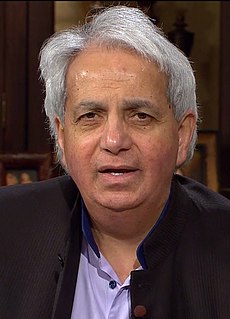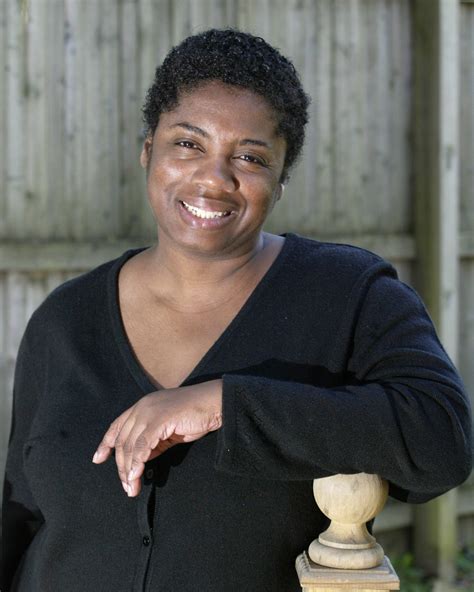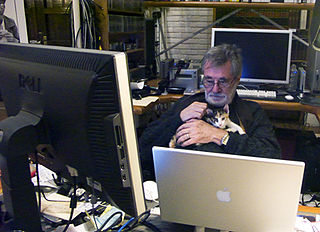A Quote by Jan Schakowsky
It would be one thing if we could say the system works [in Illinois], and that individuals followed procedures and were found innocent, but in fact in all the cases it was really a fluke ... We find persistent wrongdoing on the part of law enforcement. It's really sheer luck that those convicted of these [capital] crimes were exonerated in the end.
Related Quotes
But I really think it's a very unfortunate part of our judicial system and I would feel much, much better if more states would really consider whether they think the benefits outweigh the very serious potential injustice, because in these cases the emotions are very, very high on both sides and to have stakes as high as you do in these cases, there is a special potential for error. We cannot ignore the fact that in recent years a disturbing number of inmates on death row have been exonerated.
Over the years, there's been some cases where people did come up who said they were healed, but really they were not healed. I do believe it's possible for individuals to mentally convince themselves they are, but that does not deny the real healings. That doesn't dismiss the fact that a lot of people are really cured.
... as recently as the mid-1970s, the most well-respected criminologists were predicting that the prison system would soon fade away. Prison did not deter crime significantly, many experts concluded. Those who had meaningful economic and social opportunities were unlikely to commit crimes regardless of the penalty, while those who went to prison were far more likely to commit crimes again in the future.
It had long been true, and prisoners knew this better than anyone, that the poorer you were the more likely you were to end up in jail. This was not just because the poor committed more crimes. In fact, they did. The rich did not have to commit crimes to get what they wanted; the laws were on their side. But when the rich did commit crimes, they often were not prosecuted, and if they were they could get out on bail, hire clever lawyers, get better treatment from judges. Somehow, the jails ended up full of poor black people.
I like to say two things in life that mean the most: genetics and luck. When you look at it realistically, genetics is luck too. Because you could have been born in some really terrible situation and never had a chance to realize yourself or see who you were. And so the luck of genetics and then after that, circumstances, those are the two guiding things.
According to data provided by the Senate Subcommittee on Immigration, and the national interest, between 9/11 and the end of 2014, at least 380 foreign-born individuals were convicted in terror cases inside the United States. Our country is a mess! We don`t even know what to look for anymore, folks.
That's an incredibly serious thing if people think that the president of the United States can tell heads of law enforcement agencies, based on his own whim or his own personal preferences or friendships, that they should or should not pursue particular criminal cases against individuals. That's not how America works.
To make matters worse, federal drug forfeiture laws allow state and local law enforcement agencies to keep, for their own use, up to 80 percent of the cash, cars, and homes seized from suspected drug offenders. You don't even have to be convicted of a drug offense; if you're just suspected of a drug offense, law enforcement has the right to keep the cash they find on you or in your home, or seize your car if drugs are allegedly found in it or "suspected" of being transported in the vehicle.

































